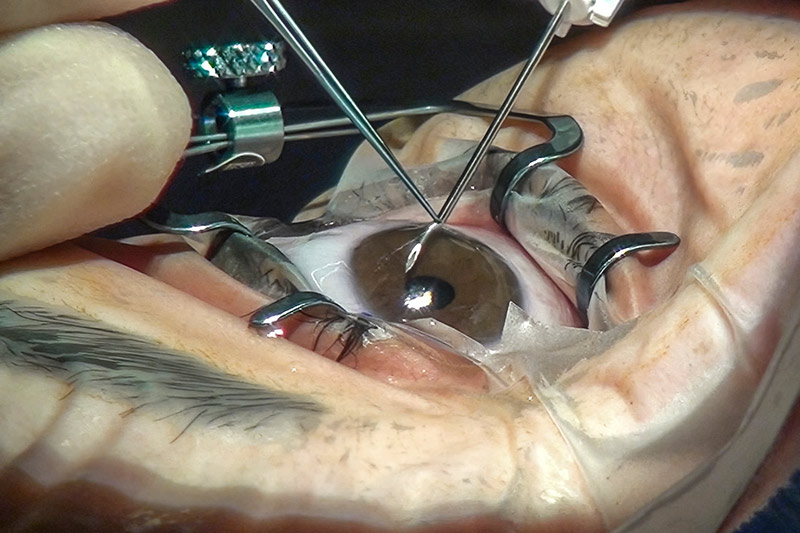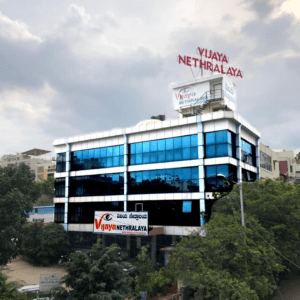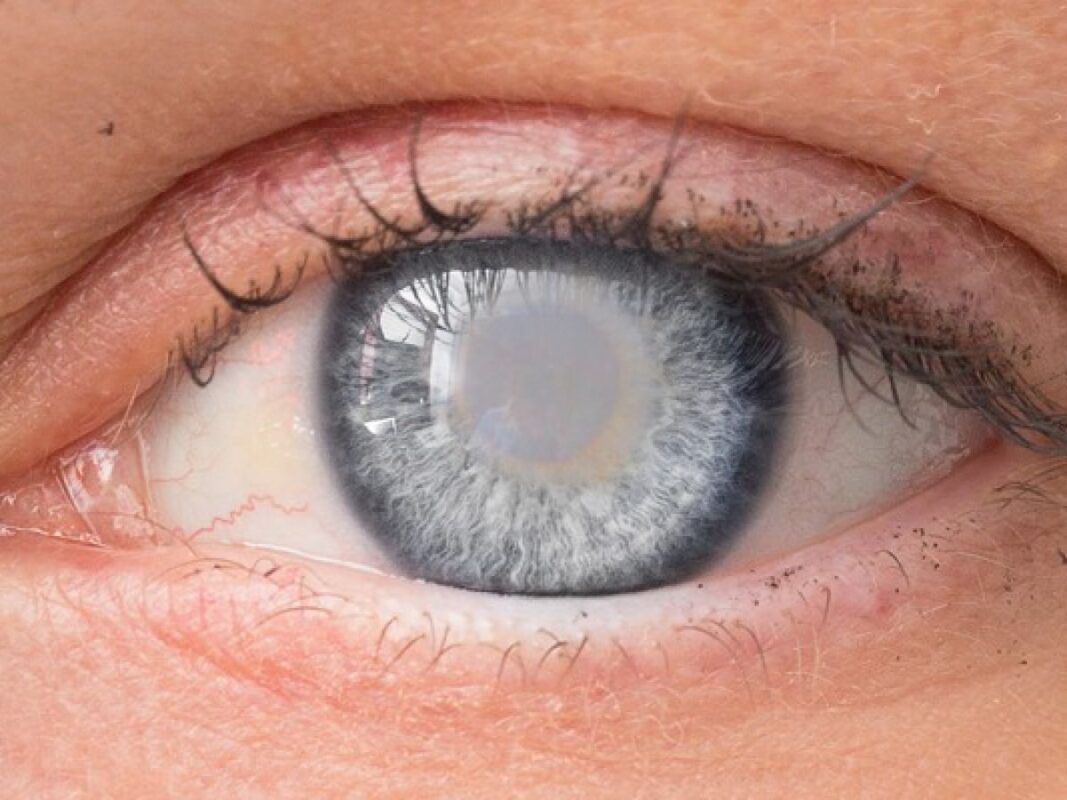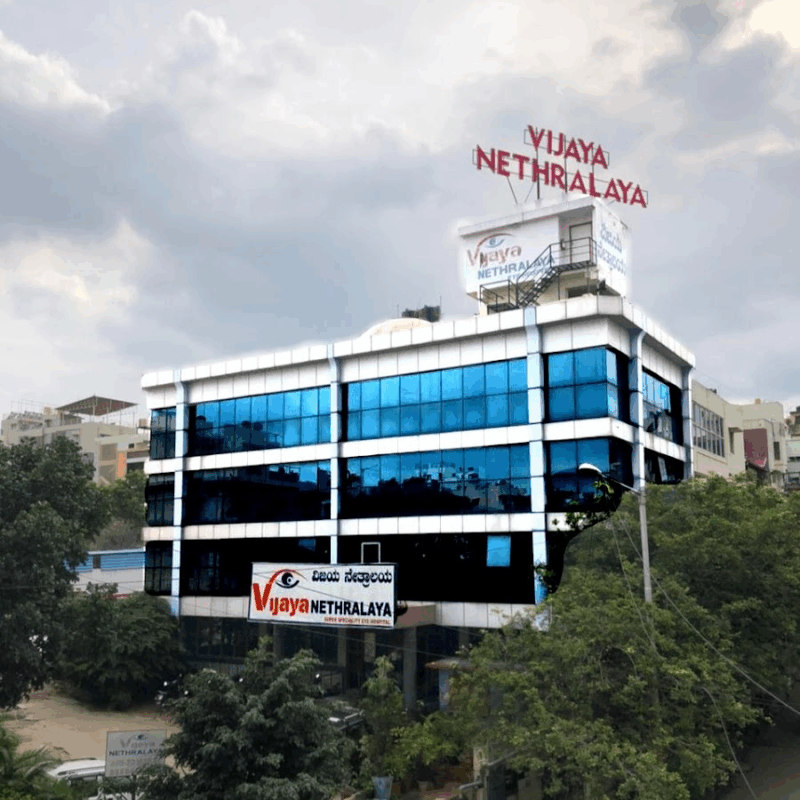Glaucoma, a leading cause of irreversible blindness worldwide, affects millions of individuals, particularly those over the age of 60. As the condition often progresses without noticeable symptoms until significant vision loss has occurred, early detection and treatment are crucial. Recent advancements in glaucoma treatment offer hope for better management and improved quality of life for patients.
Glaucoma:
Glaucoma is a group of eye conditions that damage the optic nerve, often due to elevated intraocular pressure (IOP).). The most common forms include primary open-angle glaucoma (POAG) and angle-closure glaucoma. Traditional treatments have focused on lowering IOP to prevent further optic nerve damage, utilizing medications, laser therapy, and surgery.

Advancements in Medications:
- Rho Kinase Inhibitors: One of the newest classes of drugs for glaucoma, Rho kinase inhibitors (such as Netarsudil) work by increasing the outflow of aqueous humor through the trabecular meshwork, thereby reducing IOP.Doctors often use these medications in combination with other IOP-lowering drugs for enhanced efficacy.
- Combination Therapies: Fixed-dose combination (FDC) therapies combine multiple IOP-lowering agents in a single formulation, improving patient adherence by reducing the number of drops required daily. Examples include the combination of Netarsudil and Latanoprost, which provides a synergistic effect on lowering IOP.
Minimally Invasive Glaucoma Surgery (MIGS):
- Surgeons implant the tiny iStent Inject into the eye’s drainage system to improve fluid outflow, significantly lowering intraocular pressure (IOP). They often perform this procedure in conjunction with cataract surgery, and it has a quick recovery time.
- Hydrus Microstent: Another innovative device, the Hydrus Microstent, creates a larger opening in the eye’s drainage system, enhancing fluid outflow and reducing IOP. Clinical studies have shown its effectiveness in maintaining lower IOP levels over the long term.
- XEN Gel Stent: This soft, gelatin-based implant creates a new drainage pathway for aqueous humor, bypassing the eye’s natural drainage system. It’s particularly useful for patients with refractory glaucoma who have not responded to other treatments.
Gene Therapy and Neuroprotection:
- Gene Therapy: Researchers are exploring gene therapy techniques to address the underlying genetic causes of glaucoma. By targeting specific genes involved in the disease process, this approach has the potential to provide long-lasting treatment and even a cure.
- Neuroprotective Agents: These therapies aim to protect the optic nerve from damage, regardless of IOP levels. Investigational drugs such as brimonidine and memantine are being studied for their neuroprotective properties, which could revolutionize the management of glaucoma.
Author Details:
Dr. Sushruth Appajigowda holds a prominent position as a Cornea, Cataract, Glaucoma, and LASIK Surgeon in Bangalore. He serves as the chief Cataract and Refractive surgeon at Vijaya Nethralaya Eye Hospital, Nagarbhavi Bangalore. Renowned as one of the finest LASIK surgeons nationwide, he brings with him over 12+ years of experience across multiple LASIK platforms, including ZEISS, ALCON, SCHWIND, AMO, and Bausch and Lomb. Having successfully conducted over 5000 LASIK procedures, Dr. Sushruth holds the title of a Certified Refractive Surgeon and a Fellow of the All India Collegium Of Ophthalmology. Furthermore, he stands as a distinguished speaker at various National and International Forums, using his expertise to guide you in selecting the most suitable procedure based on your health requirements.

http://vijayanethralaya.com/link-in-bio/
Conclusion:
The latest treatments for glaucoma underscore the progress being made in understanding and managing this complex condition. From advanced medications and laser therapies to minimally invasive surgical options and cutting-edge research in gene therapy and neuroprotection.











